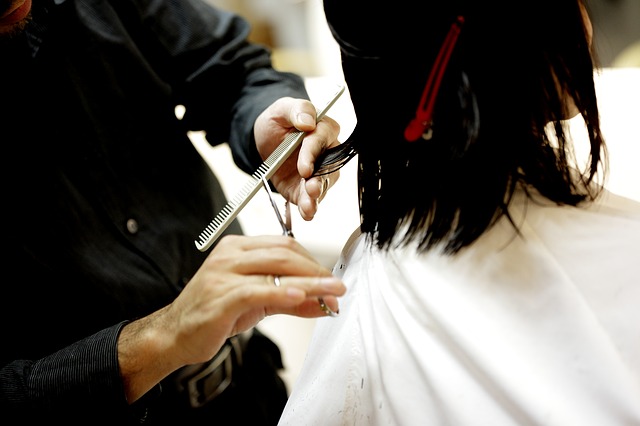|
The Governor’s Office today released additional guidance on essential services and recreational activities. “During these unprecedented times, providing clarity for small businesses and employers is an important measure to ensure we protect our citizens, slow the spread of COVID-19, and protect this critical part of our economy,” said Governor Doug Ducey. “As guidance from public health officials evolves, we will continue to release information and direction.” On March 23, 2020, Governor Ducey issued an Executive Order defining essential services. On March 30, 2020, following new guidance from the Centers for Disease Control and Prevention (CDC) and recommendations from the Arizona Department of Public Health, Governor Ducey issued an Executive Order directing Arizonans to Stay Home, Stay Healthy, and Stay Connected, which included increased physical distancing requirements. If not already closed, the following services shall cease operations no later than 5 p.m. on April 4, 2020, as these services cannot comply with the guidelines required in paragraph 11 of Executive Order 2020-18, directing Arizonans to Stay Home, Stay Healthy, and Stay Connected. • Barbers • Cosmetology, Hairstyling, Nail Salons and Aesthetic Salons • Tanning salons • Tattoo parlors • Spas • Massage parlors In addition, the following services shall also cease operations by 5 p.m. Saturday, April 4: • Amenities at public parks that do not allow for recommended physical distancing or proper hygiene such as basketball courts, splash pads, playgrounds and public restrooms but public parks shall remain open to the greatest extent possible. • Communal pools such as those at hotels, condominiums, apartment complexes and parks, however, these should still be maintained under environmental and public health rules and guidelines. • Swap meets The Governor’s Office also provided guidance related to the following services, which are considered essential and may continue operations: • Personal hygiene services including in-home services such as assistance with bathing and cleaning for vulnerable adults and those who are disabled. • Daycare centers providing care for individuals with children serving in any essential services category. • Hotels and motels, to the extent used for lodging, including RV Parks, and hotel and motel restaurants providing delivery or carryout food services. • Respite and palliative care. |




